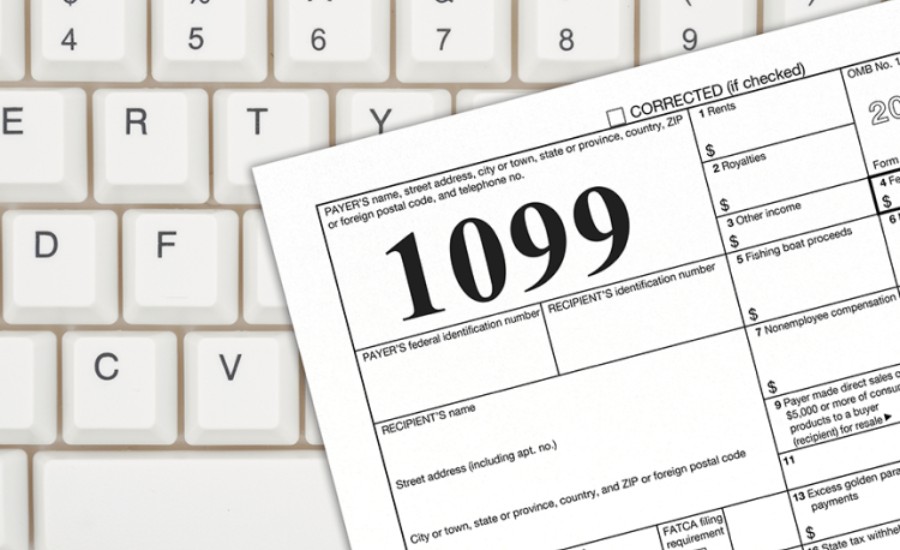The Red Tape Reduction Act Aims to Reduce Paperwork and IRS Interference for Small Business Owners
Senators Sherrod Brown and Bill Cassidy have introduced the Red Tape Reduction Act, seeking to modify a future tax rule that would require third-party payment platforms to issue 1099-K forms to small business owners and entrepreneurs with at least $600 in sales. The proposed bill aims to raise the sales threshold to $10,000, reducing the burden of tax paperwork for online sales and minimizing IRS interference for minor transactions. This move is expecting to mitigate frustration among small businesses and casual sellers and simplify the reporting process.
Background:
The current tax rule, planned to go into effect in the 2023 year, was involved in the 2021 American Rescue Plan. Prior to this change, third-party payment networks like PayPal and Venmo were only required to issue 1099-K forms if businesses exceeded $20,000 in revenue or had 200 transfers. Supporters of the new rule hoped it would narrow the tax revenue gap by securing greater tax compliance.
The Impact of the Proposed Legislation:
Senators Brown and Cassidy’s laws seeks to address the concerns raised by various stakeholders. The Coalition for 1099-K Fairness, founded by online retail outlets such as eBay, Etsy, and Poshmark, stated worries that the low reporting limit would subject individuals who sell used goods and do not owe taxes to confusing IRS forms. This could compel them to seek costly tax experts instead of handling their own tax returns.
Opposition to the $600 limit was also express by Republicans on the House Ways and Means Committee. Who argued that it would increase paperwork for taxpayers and the IRS. The rule would broaden IRS monitoring to individuals not owing taxes, instead of targeting on high income earners.
IRS Response and Potential Impact:
IRS Commissioner Daniel Werfel admitted that a higher limit would simplify their job and reduce complexity. However, he delayed to the Treasury Department on the Biden administration’s stance regarding the potential change.
If the Red Tape Reduction Act is enact, the raised limit of $10,000 would exempt more small businesses and casual sellers from the obligation to file 1099-K forms. Providing relief from excessive paperwork and reducing the burden on both taxpayers and the IRS.
Proposed legislation raises sales threshold for 1099-K forms, reducing tax reporting burden on small businesses. By increasing the threshold to $10,000, Senators Brown and Cassidy aim to minimize the impact on individuals. Engaging in minor transactions, streamline the tax reporting process, and reduce complexity for the IRS. As the bill progresses, its potential impact on tax compliance and the administration’s stance will become clearer.








